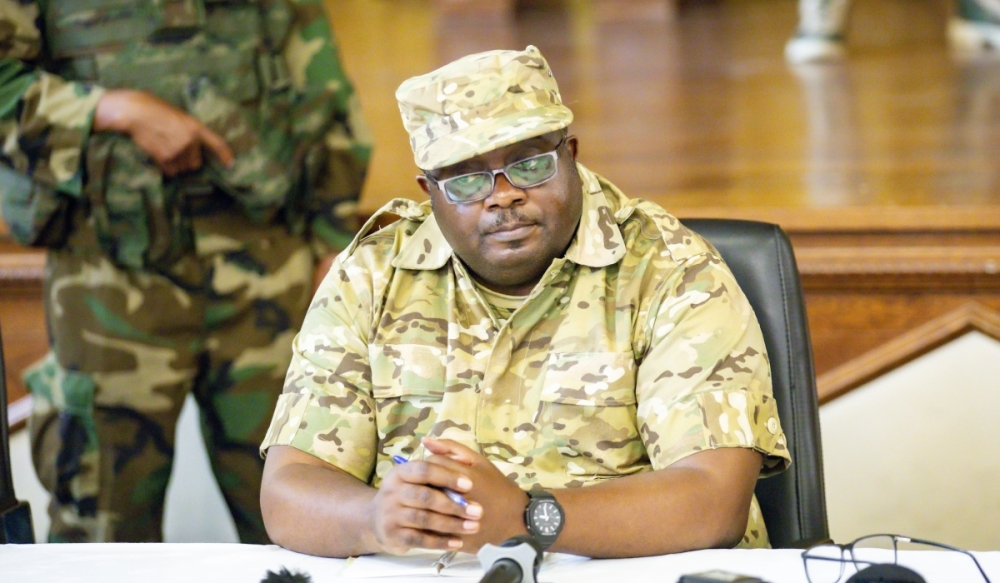The Rwandan franc depreciated by 4.5 per cent against the US dollar in 2012, which was a big movement compared with a 1.6% decline recorded in 2011. The drop was attributed to the higher than expected increase in forex demand to finance imports and the slowdown in external inflows, the National Bank of Rwanda governor, Claver Gatete, said as he released the monetary policy and financial stability statement for the first semester in Kigali Serena Hotel last week.

The Rwandan franc depreciated by 4.5 per cent against the US dollar in 2012, which was a big movement compared with a 1.6% decline recorded in 2011. The drop was attributed to the higher than expected increase in forex demand to finance imports and the slowdown in external inflows, the National Bank of Rwanda governor, Claver Gatete, said as he released the monetary policy and financial stability statement for the first semester in Kigali Serena Hotel last week.In the same period, the franc also depreciated by 8.6% against the Great Britain pound and by 5.2% versus the euro. Regarding the East African region, the franc depreciated against the Kenyan and Tanzanian currencies by 2.6% and 3.4% respectively. It lost by 3.9% and 10.4% against the Ugandan shilling and Burundian franc respectively.Gatete said the franc’s real effective exchange rate declined by 1.6% in December 2012, mainly attributed to the depreciation of the nominal value of the franc against the currencies of major trading partners, as well as the higher level of inflation in those countries compared to Rwanda.He said the central bank had kept the franc exchange rate market driven, while continuing to intervene in the domestic foreign exchange market by selling foreign exchange to banks to smoothen the franc’s exchange rate volatility.The foreign exchange resources in the banking system increased by 10.5%, which was, however, not enough in the context of increasing demand for imports to support economic activities.Gatete said in order to respond to the high demand of forex, the central bank had to intervene on the forex market by selling to banks $ 455.5m (about Rwf288.4b) in 2012 versus US$ 327.82m (about Rwf207.5b) sold in 2011, which was an increase of 39%.Meanwhile, the governor was optimistic that the central bank’s spearheaded Dealers’ Association would ensure an organised domestic foreign exchange market in future."The association has not only enforced the rules of the game, but also provided the platform for information sharing and capacity building,” he said.






